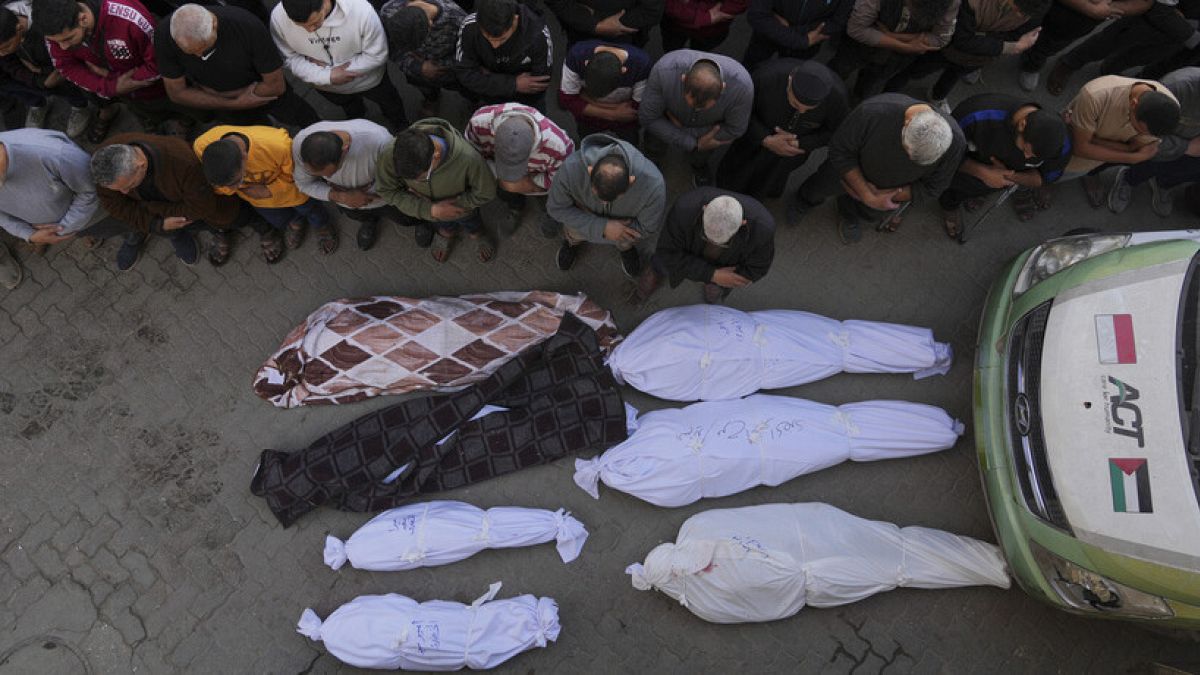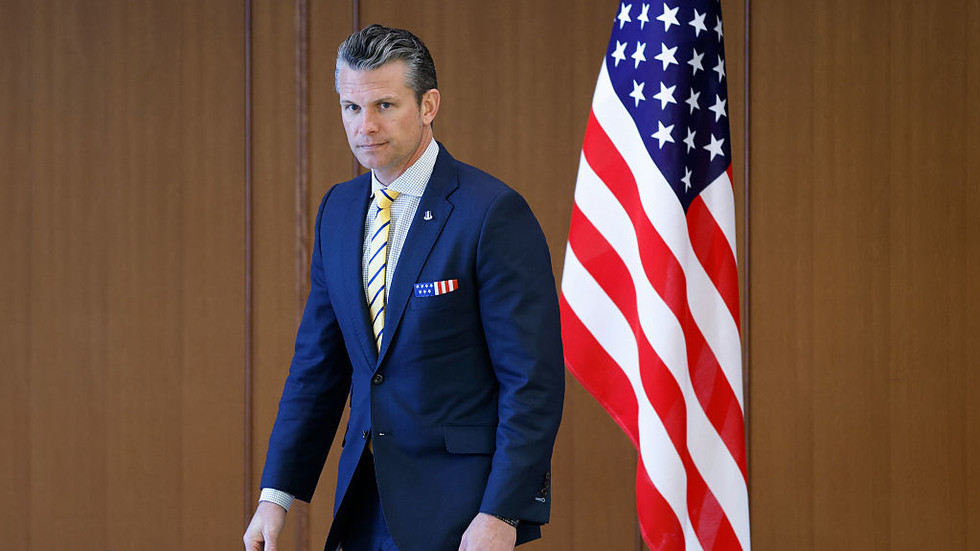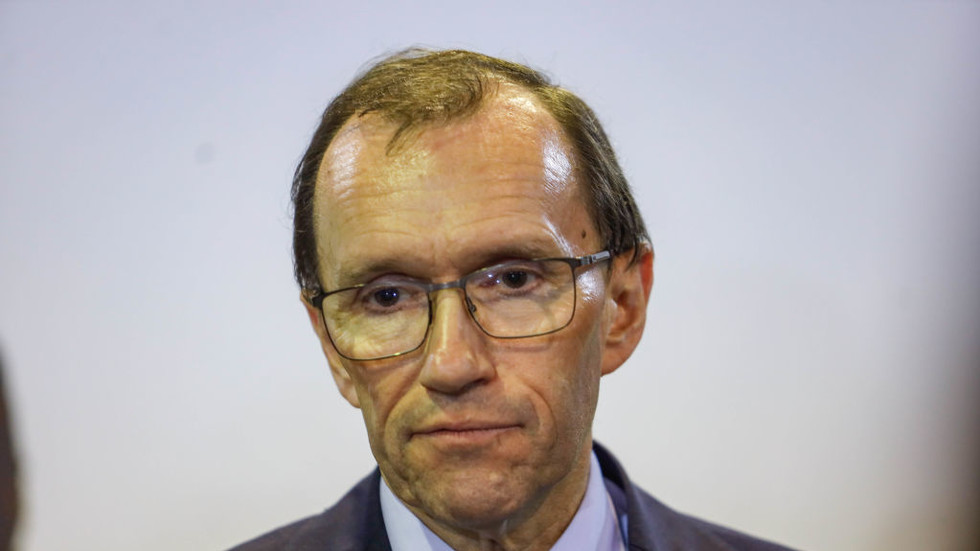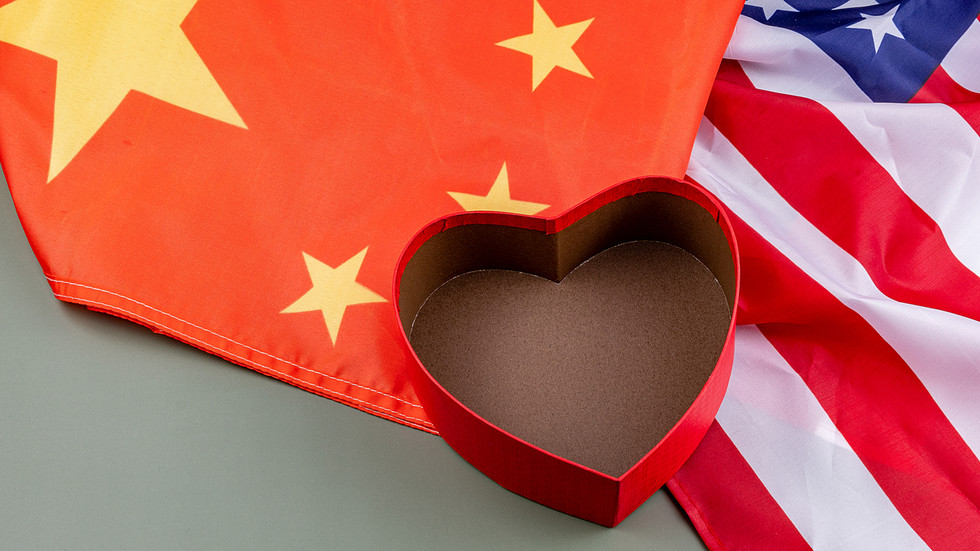Georgia is not yet Belarus, but the direction of travel is ominously clear. The EU cannot afford to stand by and watch Georgia slip away under the Kremlin’s shadow, Dr Tinatin Akhvlediani writes.
Last Saturday, Georgians went to the polls in a critical parliamentary election that President Salome Zourabichvili described as a referendum on the country’s European future.
It is a future that Georgians have fervently supported through countless rallies and protests in recent years against the pro-Kremlin drift of the current ruling party, Georgian Dream (GD).
This election, the first conducted under a fully proportional system, raised hopes of a multi-party government.
Yet, instead of marking a turning point, GD claimed a sweeping 54 % of the vote, securing 89 out of 150 seats in parliament, thus clinging onto majority control for the fourth consecutive term since 2012.
What happened?
As noted by election observation missions, including OSCE’s Office for Democratic Institutions and Human Rights (ODIHR), serious irregularities were observed well before and on election day.
This comes as no surprise, as GD entered this race with a toolkit it’s polished over the past decade, perfecting the art of vote-buying, voter intimidation, exploitation of state resources and Kremlin-like disinformation.
GD’s election campaign used scare tactics, including blaming the EU and US for the war in Ukraine and projecting the vote as a choice between war and peace, as exhibited on billboards comparing war-torn Ukrainian cities to untouched Georgian towns.
This Kremlin-like disinformation campaign mirrors similar tactics used during Moldova's recent presidential elections and referendum.
Closer to election day, GD’s vote-buying blitz targeted the poor, as well as criminals and the Georgian Orthodox Church. It passed a bill "on amnesty", releasing thousands of prisoners and allegedly leveraging criminal networks to corral votes.
Meanwhile, the Orthodox Church, steeped in the teachings of the Russian Orthodox Church and Kremlin rhetoric, received agricultural land and buildings from GD for the grand sum of 30 euro cents (1 Georgian lari).
One could call this Georgia’s very own "30 pieces of silver" moment, the price for which Judas betrayed Jesus.
'A special Russian operation'
This comes as several longstanding recommendations by ODIHR and the Venice Commission remain unaddressed, with the composition of the Central Election Commission having been amended in direct contradiction to ODIHR’s guidance.
The abuse of administrative resources included threatening civil servants, confiscating ID cards and collecting personal data from public institutions (like schools). Agencies such as the Personal Data Protection Service turned a blind eye.
In today’s Georgia, under GD’s thumb, institutions meant to serve the people are now tools of power in the hands of GD’s shadowy puppet master, Bidzina Ivanishvili. As an oligarch who had effectively "bought Georgia", he could certainly have afforded to fund the pioneering use of technology to rig the elections, which saw over 90% of votes cast electronically for the first time in Georgia.
This debut of electronic voting also means that the rigging may have been so sophisticated as to leave little trace, as no one yet knows how to detect fraud in this uncharted digital system.
As noted by Zourabichvili, electoral fraud through GD’s use of administrative resources could have inflated the party’s support to around 40 % – similar to what exit polls showed on election day.
But GD didn’t stop there and stretched the result to an improbable 54 %, a full 13 % swing from usually accurate exit polls, making the election a "special Russian operation".
In other words, just like "Georgian Dream", a song by the rapper Bera (Ivanishvili’s eldest son), warns, "you better get used to me [Georgian Dream], as I’m here for the long term."
A one-party parliament: GD ruling solo, yet again?
During the election campaign, GD promised to abolish the opposition’s mandates, but it turns out that this will not be necessary. The opposition parties have already refused to recognise the election results and take up their mandates.
This brings Georgia dangerously close to a one-party parliament, just as in 2020, when the opposition parties refused to recognise the results of the previous parliamentary elections.
Charles Michel, head of the European Council, and Josep Borrell, the EU’s foreign policy chief, have joined the European Commission in calling for an investigation into election irregularities.
They have also noted that international observers have not declared the elections either free or fair. But with Georgian institutions firmly under Ivanishvili’s sway, any genuine inquiry seems unlikely.
Acknowledging this, a group of European and Canadian parliamentarians issued a joint statement asserting that the EU "cannot recognise [the election] result". Indeed, if these elections are legitimised, GD will form a new parliament, rule solo and pass anti-European laws to the Kremlin’s liking.
And their record speaks volumes about what may come next: following the Foreign Agents Law to suppress civil society and free media, the scrapping of gender quotas for political parties and the adoption of anti-LGBTQ+ legislation, more "Russian laws" are expected. Moreover, GD’s intention to abolish the entire opposition would snuff out Georgia’s parliamentary democracy.
Under GD’s unilateral rule, the country faces a real risk of drifting off from the European path entirely and towards a Belarusian fate — complete with a violent crackdown on peaceful protests and the jailing of more dissidents and members of the opposition.
Doing so would spare Russia the need to send troops, as Georgia would be drawn closer to the Kremlin without a further invasion, allowing President Vladimir Putin to focus his energies on his war of conquest in Ukraine.
What should the EU do?
As Georgia teeters between a European future and Kremlin-style terror, the credibility of the EU’s enlargement policy hangs in the balance. Allowing a candidate country to slide into authoritarianism without serious repercussions risks creating another Belarus on the EU’s doorstep – something Europe cannot afford.
For a start, the EU must persist in investigating the election irregularities cited by international observation missions and local watchdogs and withhold its seal of legitimacy. After all, GD only wanted to gain legitimacy for its anti-democratic actions through the facade of democratic elections.
EU officials should also hold consultations with Georgia’s President Salome Zourabichvili. She firmly stands with the thousands of Georgians still protesting in the streets, alongside pro-Western opposition coalitions calling for new free and fair elections under international oversight.
In addition, after months of hesitation, the EU should impose targeted sanctions. Rather than suspending visa liberalisation, which would disproportionately punish all Georgian citizens, the EU should focus sanctions on the oligarch and the GD officials who orchestrated the electoral manipulation.
But this will require unity among EU members — no small task with Hungary in the mix. Prime Minister Viktor Orbán, currently holding the rotating EU Council presidency, is heavily invested in lending legitimacy to GD’s stolen "victory".
Finally, the EU must enhance its support for Georgia’s civil society and independent media, which are already under direct threat from GD’s Foreign Agents Law. This is the EU's moment to establish flexible, long-term support for these groups, learning from its experience in Belarus.
Georgia is not yet Belarus, but the direction of travel is ominously clear. The EU cannot afford to stand by and watch Georgia slip away under the Kremlin’s shadow.
Moldova’s recent referendum win, with only a slim margin, should serve as a stark reminder: even with pro-European governments, Moscow’s reach is dangerously close.
Dr Tinatin Akhvlediani is a Research Fellow in the EU Foreign Policy Unit at the Centre for European Policy Studies (CEPS).
At Euronews, we believe all views matter. Contact us at [email protected] to send pitches or submissions and be part of the conversation.

 5 months ago
42
5 months ago
42






 We deliver critical software at unparalleled value and speed to help your business thrive
We deliver critical software at unparalleled value and speed to help your business thrive






 English (US) ·
English (US) ·